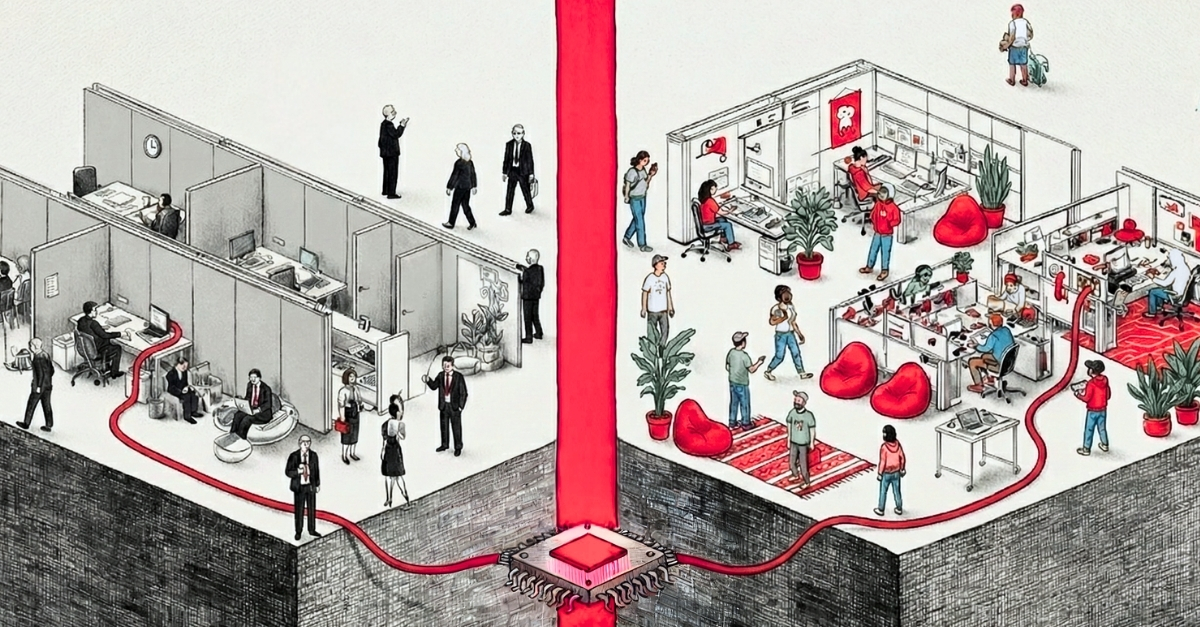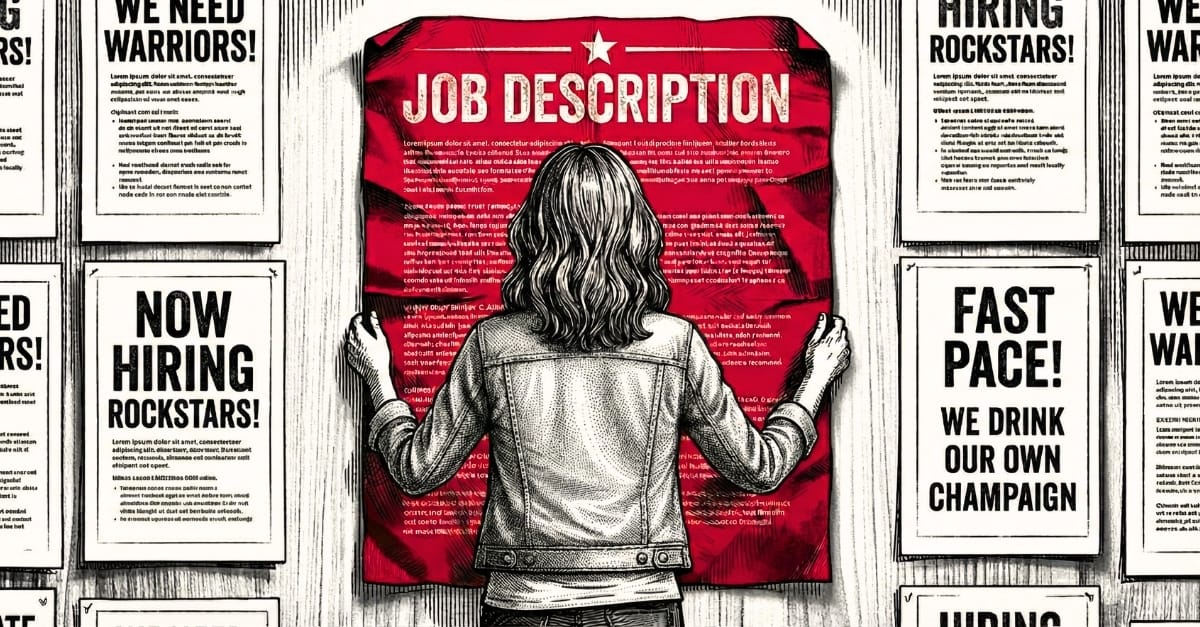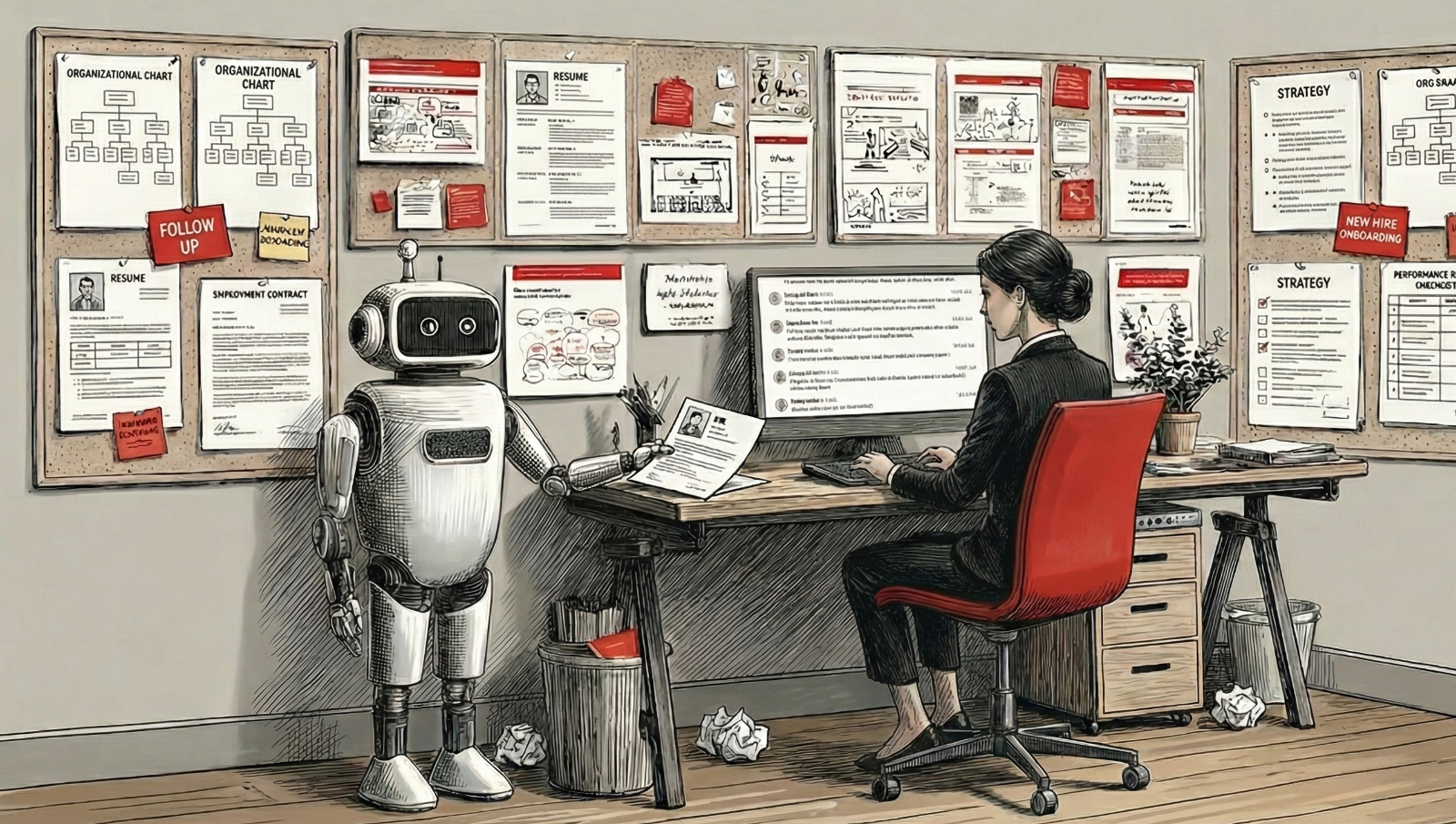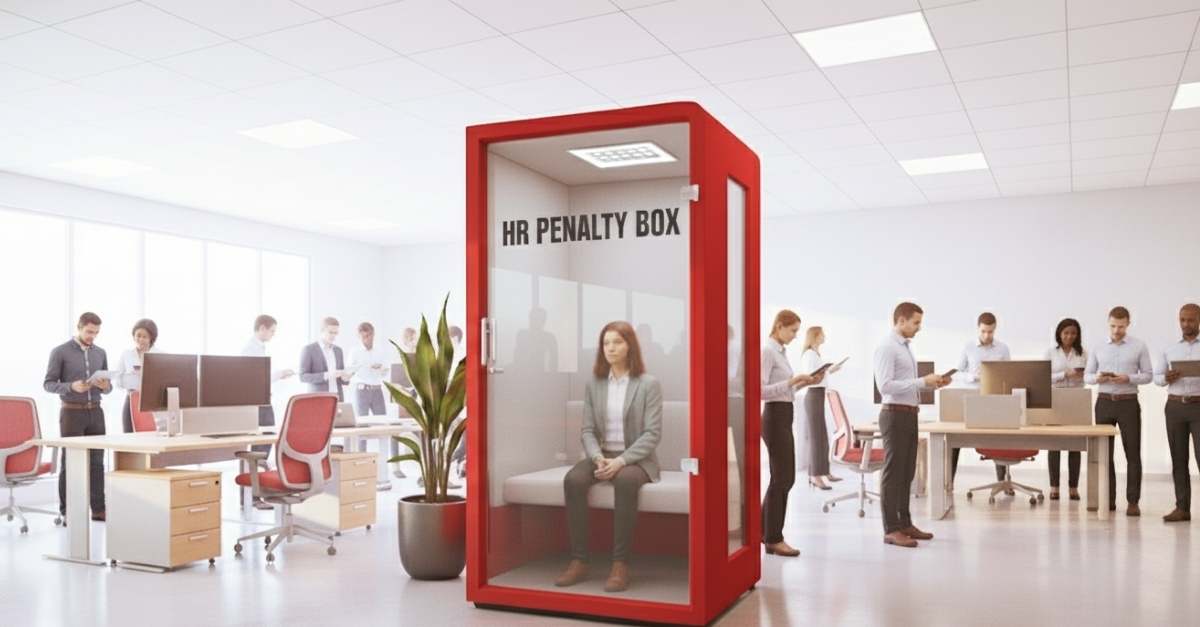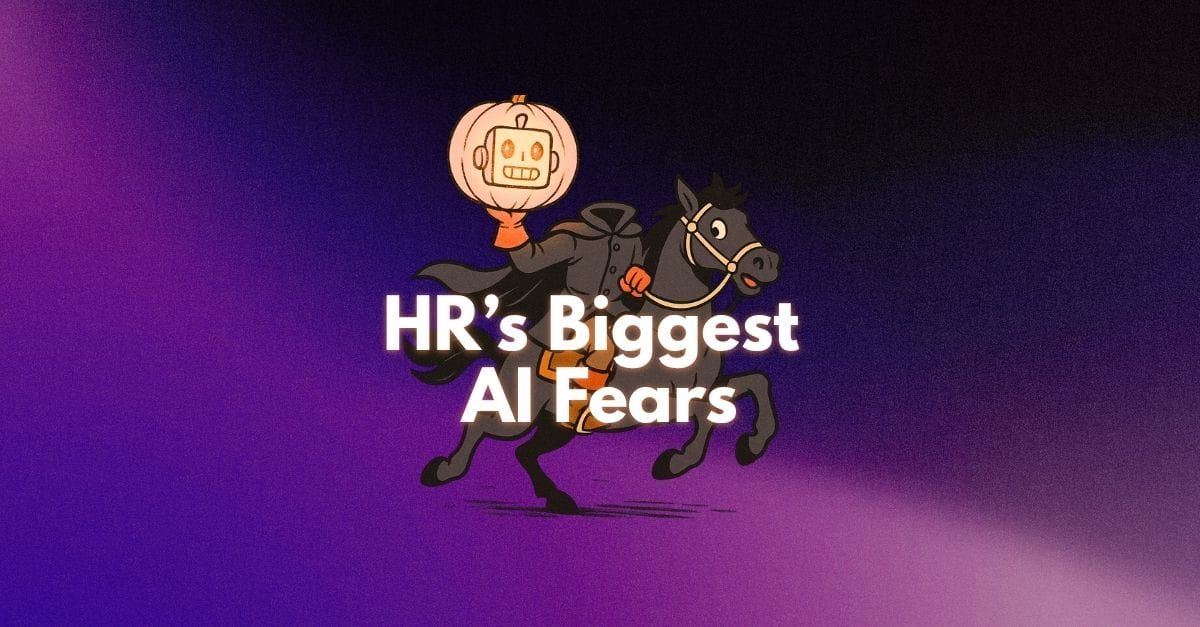If you’ve ever hired a new employee, you know that success can be a game of chance. Get it right and everyone’s happy. Get it wrong and disaster can ensue.
A bad hire can cost roughly 5x an employee’s salary. And that doesn’t even take into account all the other problems, like upsetting team morale or poor job performance leading to damaged client relationships.
It’s clear making the right hire is important. And while there’s no one silver bullet to get it right every time, there’s definitely one tool worth putting in your talent management arsenal that is more effective than most predictors and will help you hit the bullseye more often than not: cognitive ability tests.
Join 10,000 companies solving the most complex people problems with PI.
Why use cognitive ability tests during the hiring process?
Here are five reasons you should consider making cognitive ability a part of your pre-employment tests to assess a candidate’s ability:
- They are extremely predictive of job success.
- The tests are relatively short.
- Assessments help you find terrific learners.
- Cognitive ability measurement is crucial for agile organizations.
- Cognitive assessments future proof your business.
- Cognitive ability tests offer a real competitive advantage.
1. Cognitive ability assessments are extremely predictive of job performance.
In fact, they’re among the most well-researched assessments in the social sciences. Frank L. Schmidt found that cognitive ability explains, on average, a whopping 42% of job performance! In the right hands, that kind of predictive power will make hitting talent Blackjack a regular thing in both hiring and promotion decisions.

2. Many cognitive ability assessments are relatively short.
For example, at Predictive Index we have developed the PI Cognitive Assessment™ which only takes 12 minutes. What this means is that in 12 minute’s time you have more information about someone’s likelihood of success than a 1-hour interview.
This isn’t the only assessment that can be carried out quickly by hiring managers. The Criteria Cognitive Aptitude Test (CCAT) can also be carried out in less than 20 minutes.
So, if used correctly, you’re asking for very little of your candidates’ time—and you’re saving hours of managers’ time by not interviewing the wrong people.
3. Cognitive ability assessments help you find terrific learners.
In fact, the heart of cognitive ability’s relationship with job performance is rapid knowledge acquisition. Schmidt’s work showed that cognitive ability predicts training performance. And, after the formal learning is done, people with higher cognitive scores are those who outperform others because they can quickly absorb all of the incoming information and knowledge. In other words, they acquire new skills quickly and they figure things out fast, which translates into huge performance gains.
It looks like magic but it’s actually science.
Join 10,000 companies solving the most complex people problems with PI.
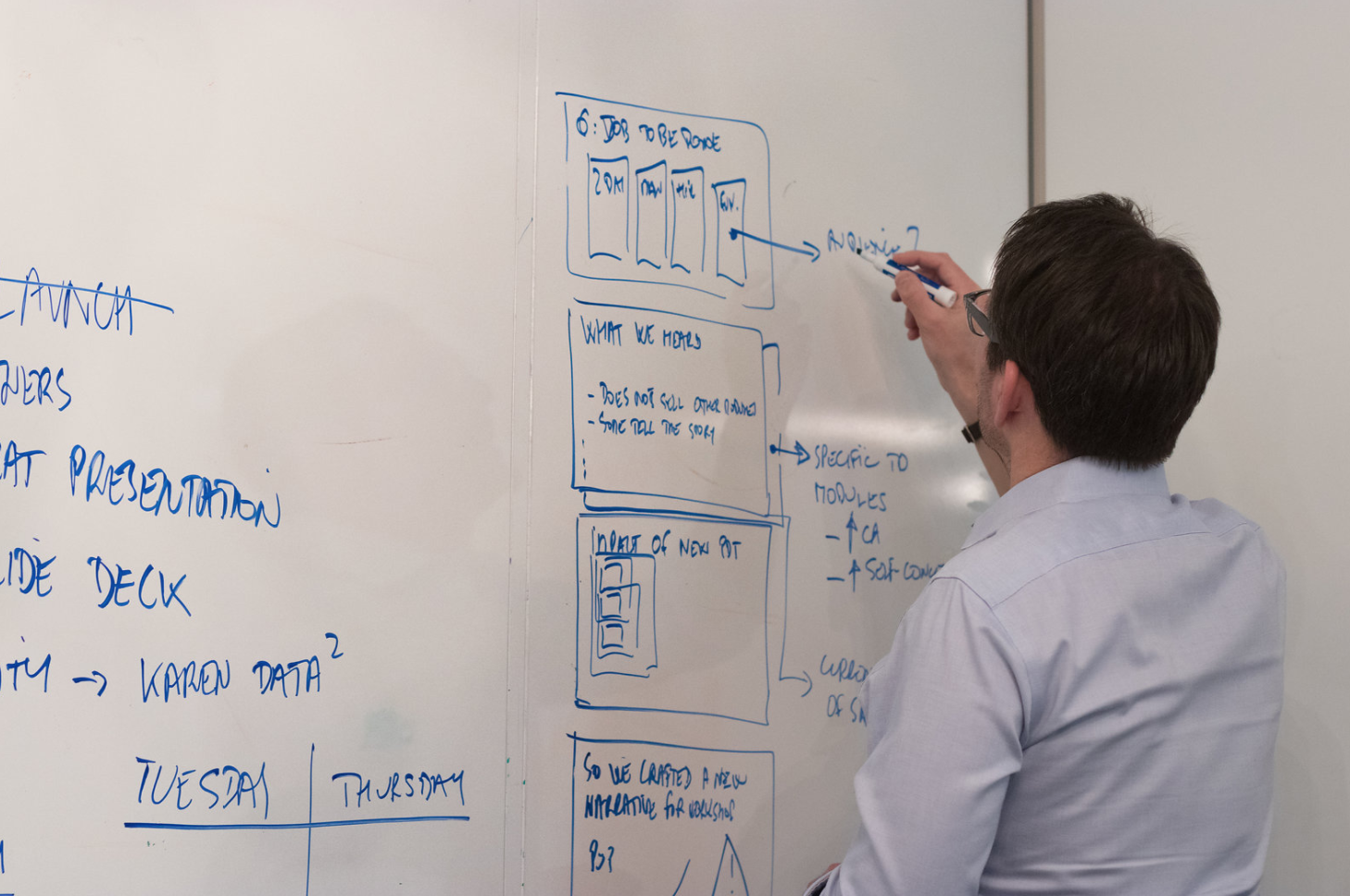
4. Cognitive assessments future proof your business.
That’s because cognitive ability data is powerful information to consider when building your organization’s bench strength. Really successful companies do a great job of building from within. But in order to do this right, they have to focus on hiring for beyond what they need today—they have to hire for potential.
Again, this is where cognitive ability is a powerful ally in organizational success. By assessing whether new hires have the general mental ability and critical thinking skills to be successful beyond their current roles, your company will be in great talent shape for the challenges of the future.
5. Cognitive ability tests offer a real competitive advantage.
Cognitive skills can be leveraged to build a learning organization. Simply put, the collective learning ability of your entire workforce can be a real competitive advantage—and something that should be part of your strategic talent management philosophy.
Cognitive ability testing uses highly predictive tools that don’t take a lot of time to complete. You can save your managers valuable time by making sure they’re interviewing candidates with the best potential for success and reduce the chances of making bad hiring decisions.
In today’s rapidly changing environment, you can use cognitive assessments to make sure talent is able to learn fast,adapt to change, and thrive at problem-solving. And, if used strategically, they can be used to build bench strength for future workforce planning—and ultimately help you develop an organization where continuous learning is at the core of your competitive advantage for years to come.
